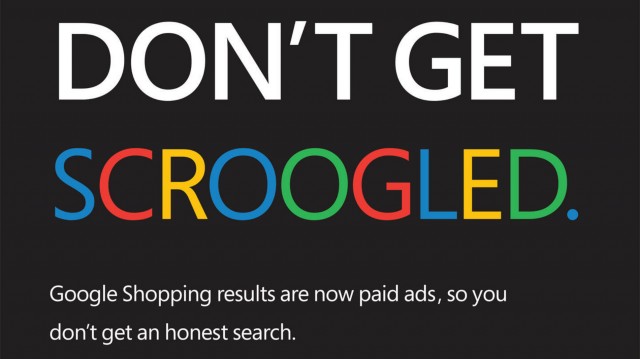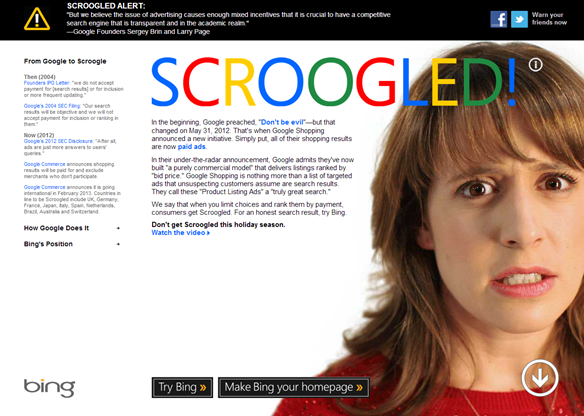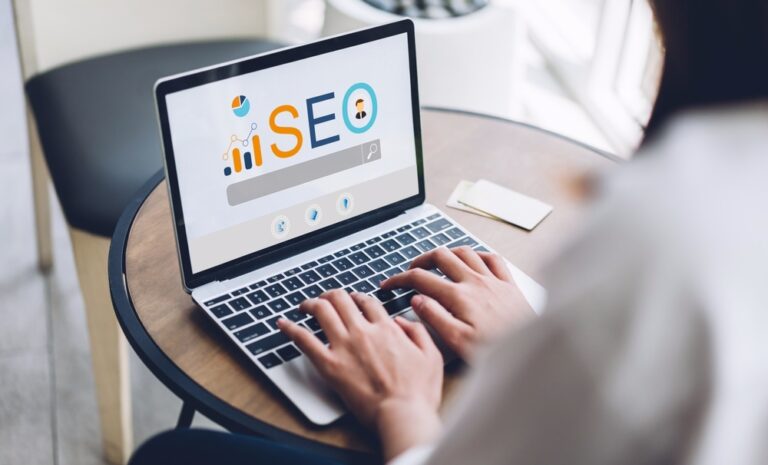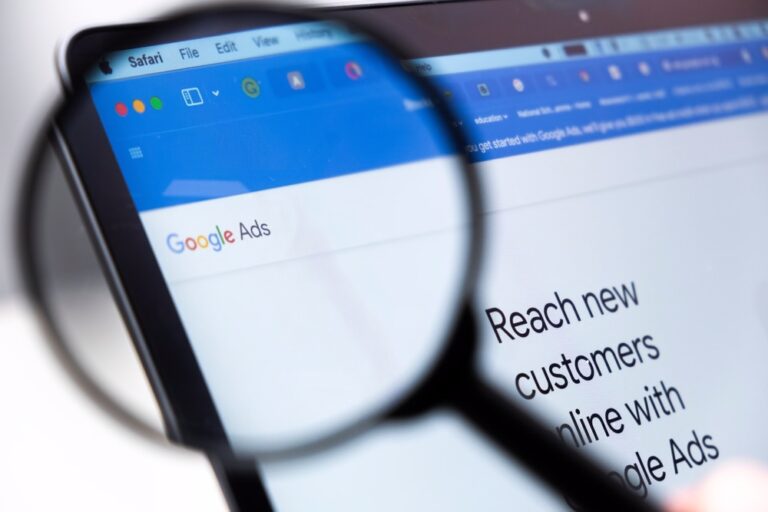
Be that as it may, why should the ordinary online browser worry? Surely that’s just a problem for merchants?
Never mind the fact that this initiative makes it a lot harder for small businesses or businesses with a lower marketing budget to rank or to even compete at all, we take umbrage at the fact that these paid-for products will now be pulled through and listed in the organic search results – distorting what are supposed to be natural listings! Google.com is no longer a search engine that ranks based on relevance but instead, that ranks products based on bid price.
The Inquirer asked Google to comment on their move to ‘paid inclusion’ and this is what they said:
“We made the transition to Google Shopping to improve the shopping experience for our users. We believe that having a commercial relationship with merchants will encourage them to keep their product information fresh and up to date…higher quality data – whether it’s accurate prices, the latest offers or product availability – should mean better shopping results for users, which in turn should create higher quality traffic for merchants.”
It sounds like a lot of marketing mumbo jumbo and it’s no surprise that the response to this new ranking model has been overwhelmingly negative.
Bing takes advantage of Google’s ‘Paid Inclusion’ model
In a press release on November 28th 2012, Bing warned shoppers not to get ‘Scroogled’ over the holiday season. This announcement was timed to coincide with the launch of a Bing-branded website aimed wholly at educating consumers and internet users about Google’s hypocritical practices – namely a change to how products are ranked – based on paid inclusion.
While the information is certainly important, it’s worth remembering that Microsoft’s Bing is in direct competition with Google meaning that Scroogled.com, and although the site is informative its also little more than Bing marketing its own search engine.
The Scroogled website details the following:
- How Google have done what they professed they would never do
- How Google Shopping works
- How Bing works
They’ve even included a video summary of what it is to get Scroogled (no doubt a reference to both Scrooge – the character from Charles Dickens’ ‘A Christmas Carol’, and getting ‘screwed by google’) as well as a not so subtle suggestion to switch to using Bing Search.
Nonetheless, Google’s motto, ‘don’t be evil’ seems suddenly like another generic marketing slogan instead of a core company value that sets it apart from the rest. In fact, if you hop on over to www.scroogled.com you will see that Google is now doing exactly what its co-founders professed they were once so against.
Google founders Sergey Brin and Larry Page once said: “In general, it could be argued from the consumer point of view that the better the search engine is, the fewer advertisements will be needed for the consumer to find what they want.”
They also said that “since it is very difficult even for experts to evaluate search engines, search engine bias is particularly insidious.”
With Google giving bias to its own products by listing them in the search results, things are beginning to look bad and it begs one to ask the question: How good is the Google search engine, really?
There’s no doubt that Google is taking advantage of the fact that it has the largest ‘search market share’ (90% in Europe), but it’s always worth keeping in mind that search engines like Bing do still sell paid advertising. They may not yet list product ads in the organic search results but the time may come.
Is Bing really so honest?
According to Danny Sullivan, an analyst for Search Engine Land, the Scroogled campaign is not what it seems, “Great campaign, if it were true. It’s not. Bing itself does the same things it accuses Google of.” The truth is Bing is not so different to Google. For a new merchant to have their products included in Bing search results, they have to pay for inclusion with one of Bing’s partners – Shopping.com.
Danny Sullivan’s final words are ones we mirror: shop around and use multiple search engines.
Does your site need a boost?
Optimising your website content for search engines and ensuring your site provides a good user-experience, can go a long way to helping you achieve results online. Xanthos can improve your website’s ranking for targeted key phrases. Find out more about our Search Engine Optimisation (SEO) services.













